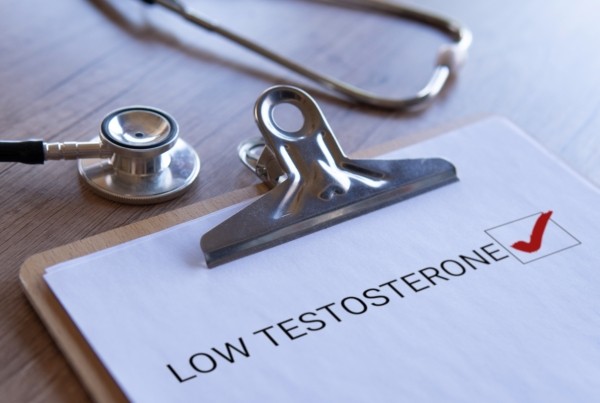When discussing fertility, the focus is placed on the female partner and in most cases, it’s women who undergo testing first. However, it’s important to recognize that male infertility is as prevalent: 30% of all infertility cases are attributed to male factor issues, with another 20% to combined male and female factors. Understanding its symptoms is crucial for timely intervention and treatment. In this article, we delve into the signs that may indicate male infertility.
Signs and Symptoms of Male Infertility
Male infertility can be caused by physical or hormonal issues, toxic exposure, genetic disorders, chronic illness or a sexual condition. Unfortunately, most of these issues result in no direct symptoms which makes it harder to diagnose infertility. There are, however, some signs that you can look out for. Let’s go through them:
-
Problems with Sexual Function
Reduced sexual desire, difficulty with ejaculating, and erectile dysfunction make it difficult to achieve and maintain an erection. Erectile dysfunction is not always a direct cause of infertility: it can be caused by physiological, psychological or lifestyle-related issues.
-
Pain, swelling, or lump in the testicle area
Physical symptoms such as pain, swelling or a lump can be indicative of underlying conditions that affect fertility, such as varicocele (enlarged veins within the scrotum), epididymitis (inflammation of the narrow, tightly coiled tube that is attached to each of the testicles), or testicular cancer. These conditions may interfere with sperm production or transport.
-
Hormonal imbalances
Fertility depends on a delicate balance of hormones. An imbalance in testosterone and other reproductive hormones can disrupt sperm production. Symptoms of a hormonal imbalance may include reduced facial or body hair growth, enlarged breast tissue, or a decreased sex drive.
-
Genetic factors
At least 2,000 genes are involved in sperm cell production. Genetic conditions, such as Klinefelter syndrome or Y chromosome microdeletions, can contribute to male infertility. Genetic factors account for at least 15% of male infertility and can also affect general health.
-
Chronic health conditions
Diabetes, hypertension, and autoimmune disorders can affect fertility by disrupting hormonal balance or impairing reproductive function. Certain medications for health conditions can also impact fertility.
-
Difficulty to Conceive
One of the most obvious symptoms is the inability to conceive a child after a year of unprotected sex. While this doesn’t necessarily mean there’s a problem, it warrants checking. Infertility is often a couple’s problem which means you must seek help as a team. According to a study quoted by Resolve, only 41% of OB/GYN physicians even considered a urological evaluation of the male partner and only 24% would routinely refer men to a urologist before ordering a semen analysis.
Early detection and proper diagnosis of male infertility can get you to your dream of parenthood sooner and potentially avoid more invasive fertility procedures. As a proactive first step, you can check your sperm using the YO Home Sperm Test which will test your Motile Sperm Concentration, give you a YO score, and show you a live video, all from the convenience of your home. This makes it easy to share your results with your healthcare provider. Depending on your result, they can suggest the best way forward for your case.
To Conclude
Male infertility can manifest through physical symptoms, or none at all. You can be proactive about your reproductive health by monitoring your sperm and consulting a healthcare professional. A thorough evaluation, including medical history, physical examination, and diagnostic tests can help identify any underlying issues and guide you towards the best treatment plan.







